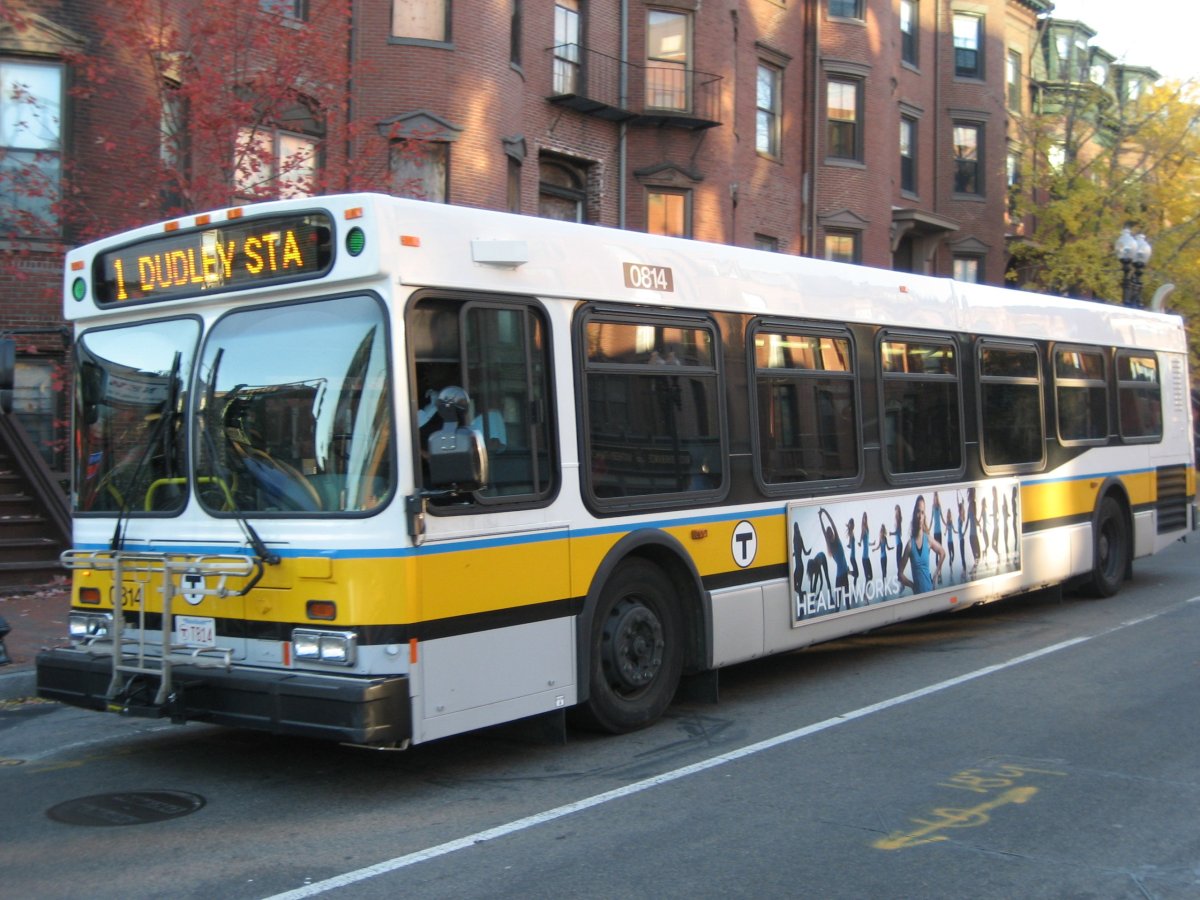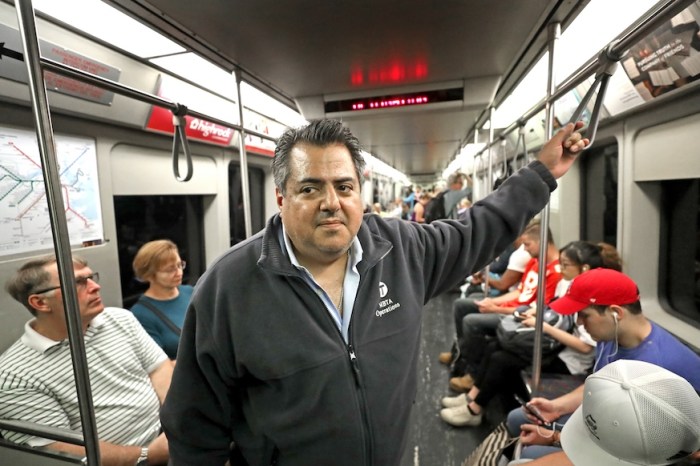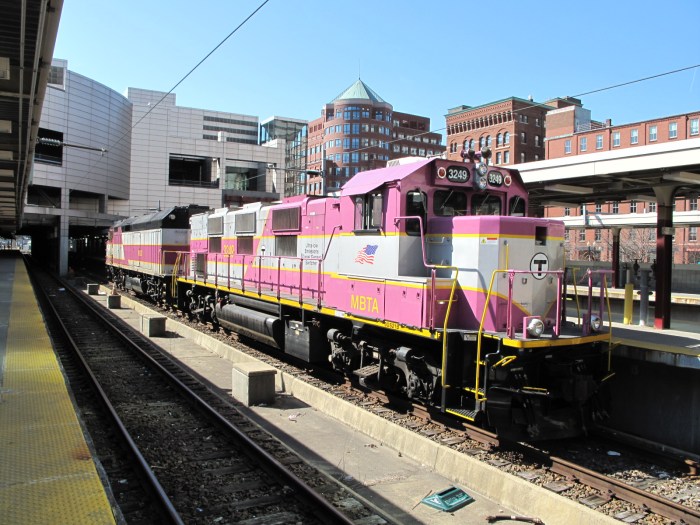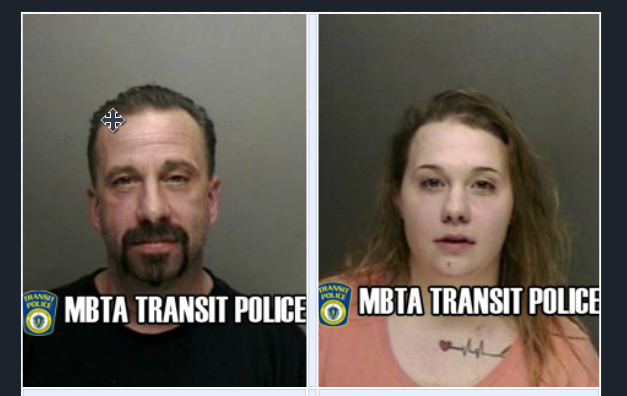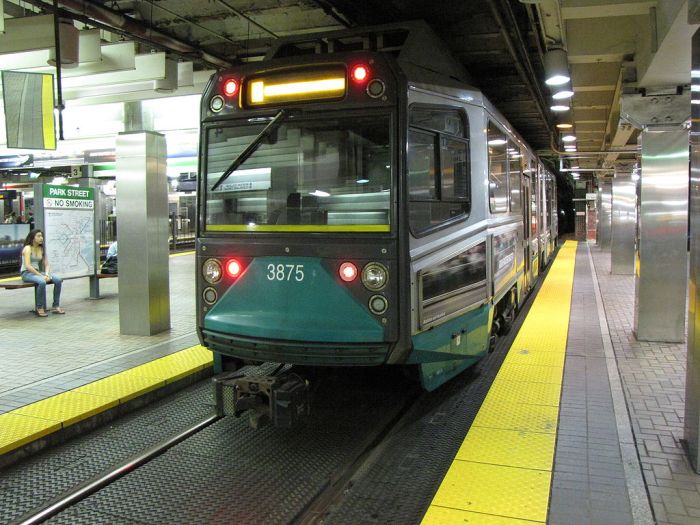The MBTA privatization debate may change course after lawmakers urged their colleagues Monday to start rolling back the privatization powers they granted the T after the disastrous 2015 winter.
After winter storms suspended the MBTA’s train service more than once, lawmakers gave Gov. Charlie Baker three years to fix the T without the constraints of the Taxpayer’s Protection Act, called the Pacheco law.
That law requires private contractors to prove cost savings and no service reduction before any state service can be outsourced.
Since the law’s suspension, the MTA has outsourced cash handling and equipment management operations and is considering privatizing bus maintenance at three garages.
There’s only nine months left in that three-year reprieve, and at a State House hearing Monday on the issue of restoring the law, legislators who helped suspend it said that they are now looking to reign in the T’s ability to outsource such work. The bill to reinstate the law has two-dozen co-sponsors.
If MBTA maintenance workers are laid off due to privatization, they’ll end up relying on state programs for assistance, Rep. Marjorie Decker said Monday.
“I think legislators are starting to see that they were lied to,” said Mike Vartabedian, director of Machinists Union Local 264.
Privatization stemmed from T issues in 2015, but during that winter, buses never suspended service.
“Busses ran at 98 percent, yet [Baker] is still targeting bus maintenance,” for privatization, he said. “We’ve got 150 of our members’ livelihoods on the line … what, for being number one in the nation for performance?”
Timothy Lasker, president of the Office and Professional Employees International Union, which has workers in more than 30 MBTA departments, also thinks privatization missed the mark.
“The only way the T is really going to work properly is if it can be managed properly and funded properly,” he said. “[Privatization] is avoiding the biggest problem.”
According to the MBTA, contracting out cash operations alone lowered monthly costs from nearly $1 million to under $300,000. By working outside of the Pacheco law, the MBTA is projected to save more than $400 million in taxpayer dollars over the next decade.
But the MBTA has “wasted” money, too, Lasker said, like with the Green Line Extension project. He believes workers shouldn’t be blamed for management wrongdoings.
Monday’s hearing left Vartabedian hopeful about the future, but he’s not sure it’ll reverse the damage that’s been done, especially as the question to privatize bus maintenance looms. Next, he’ll attend a hearing Wednesday specifically on bus privatization.
State House News Service contributed to this report.

